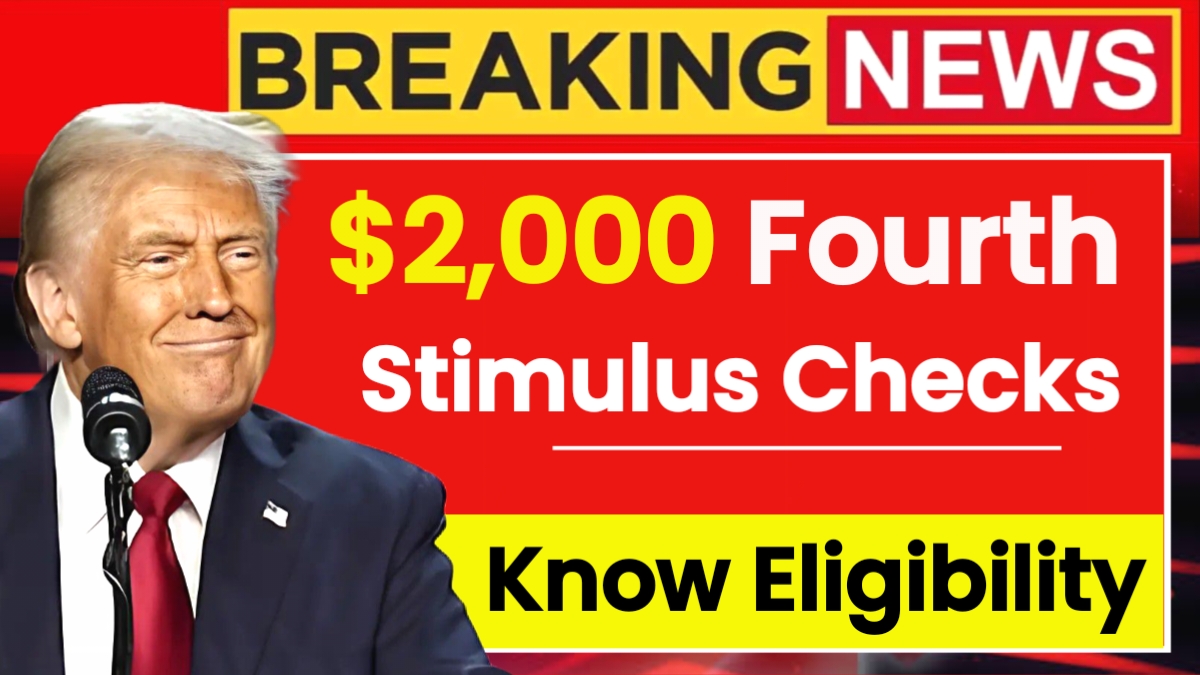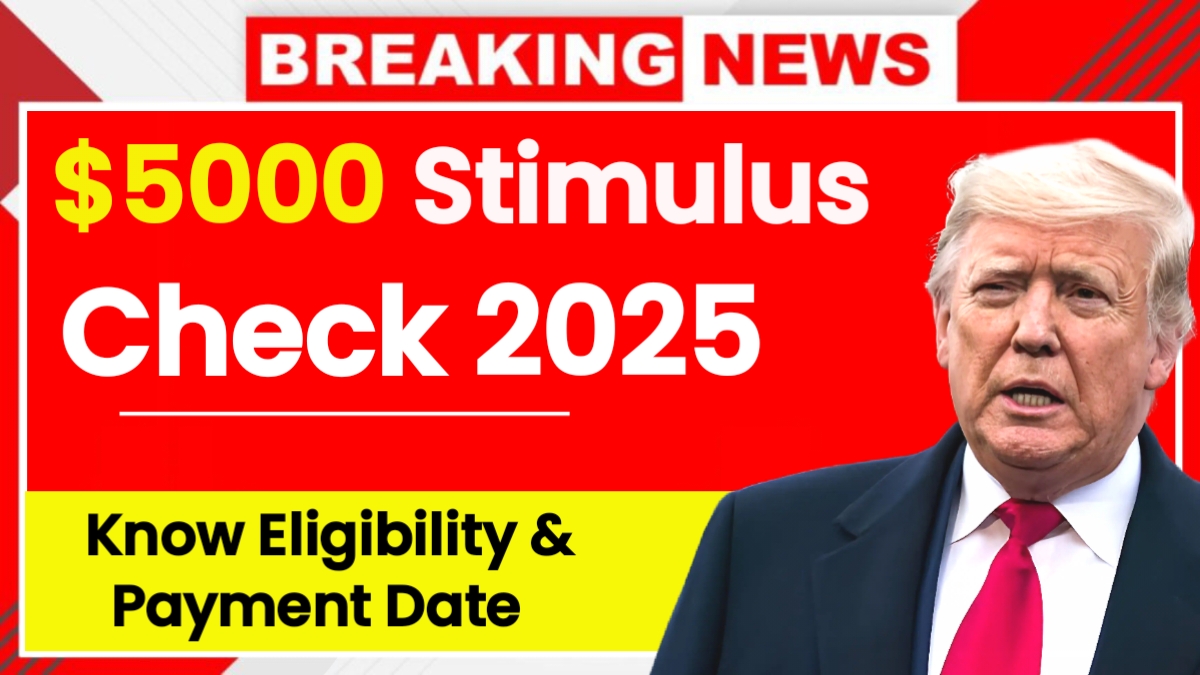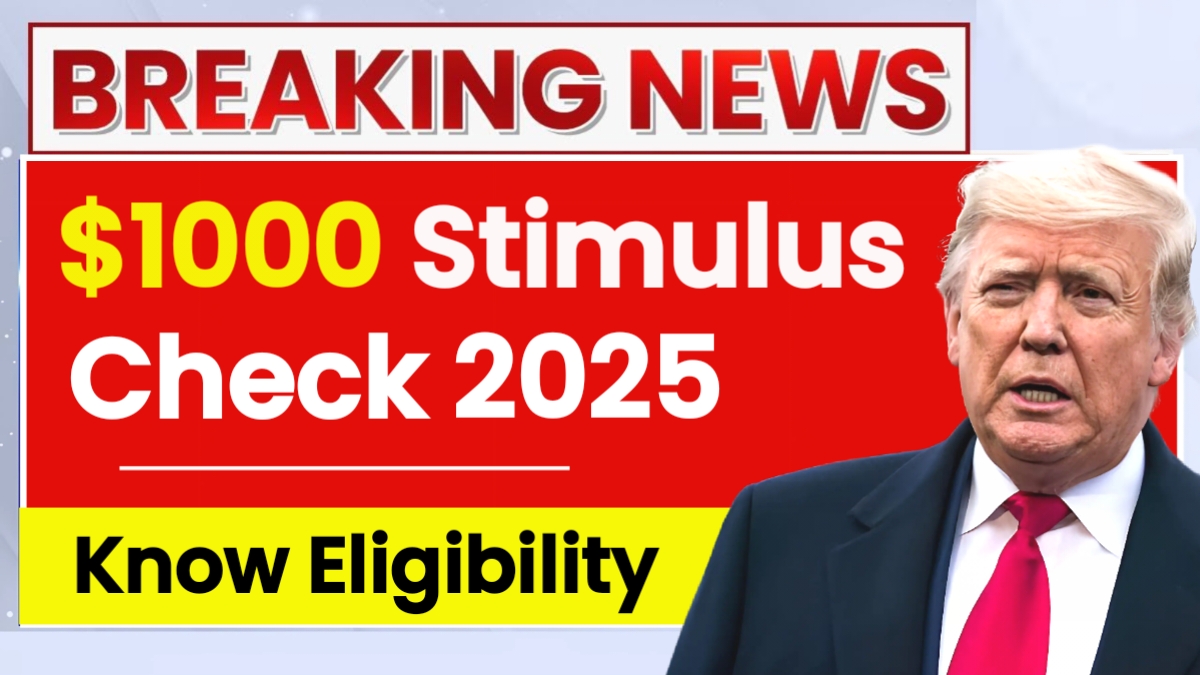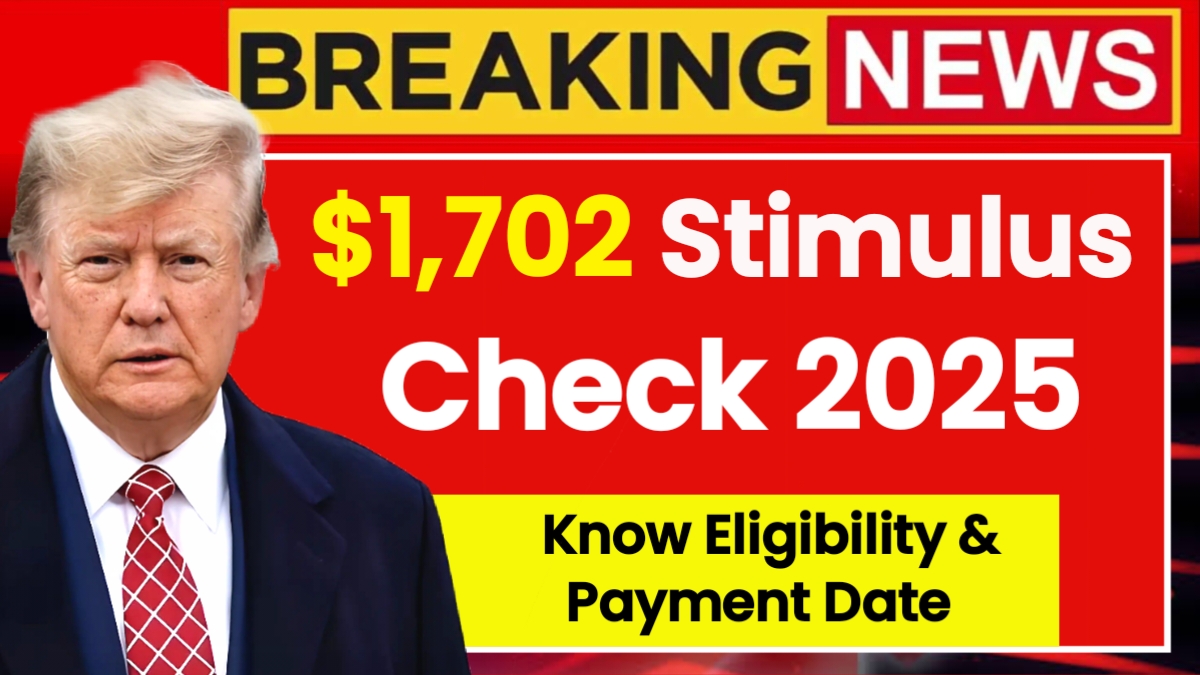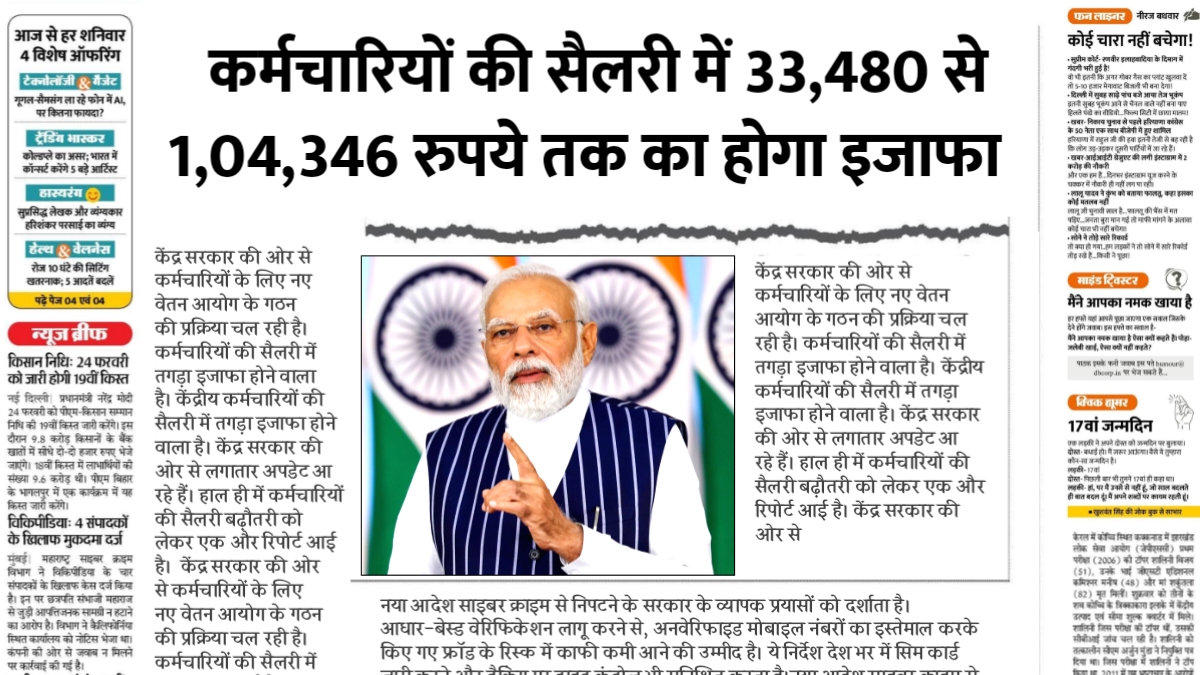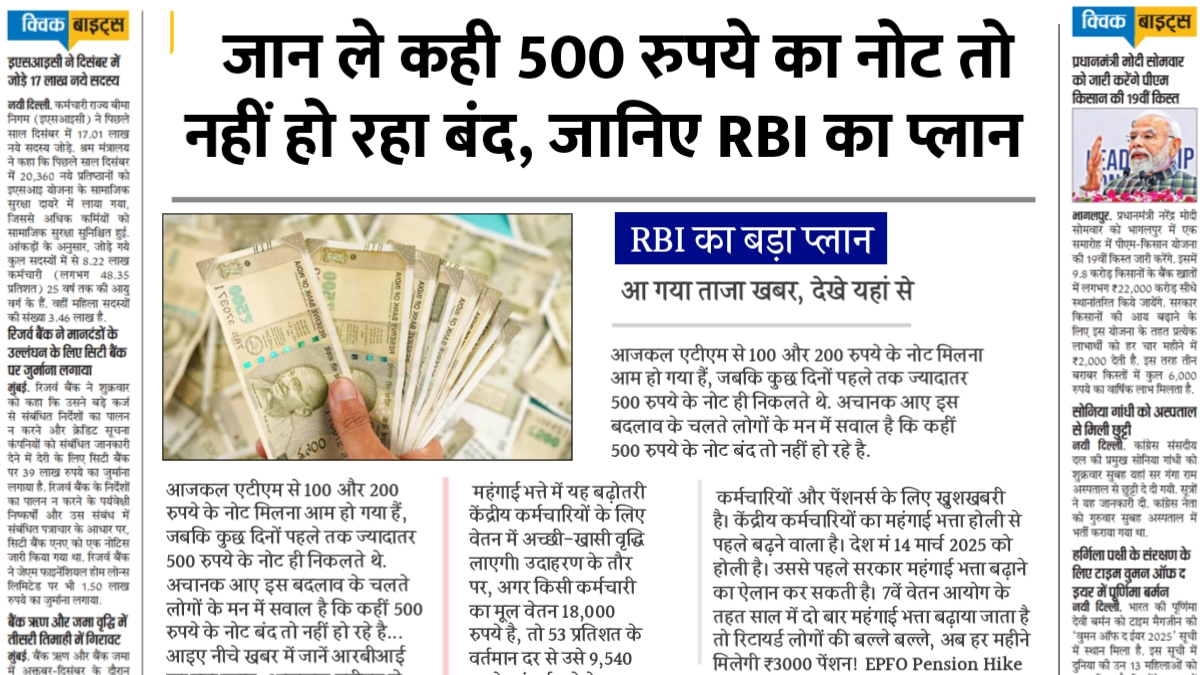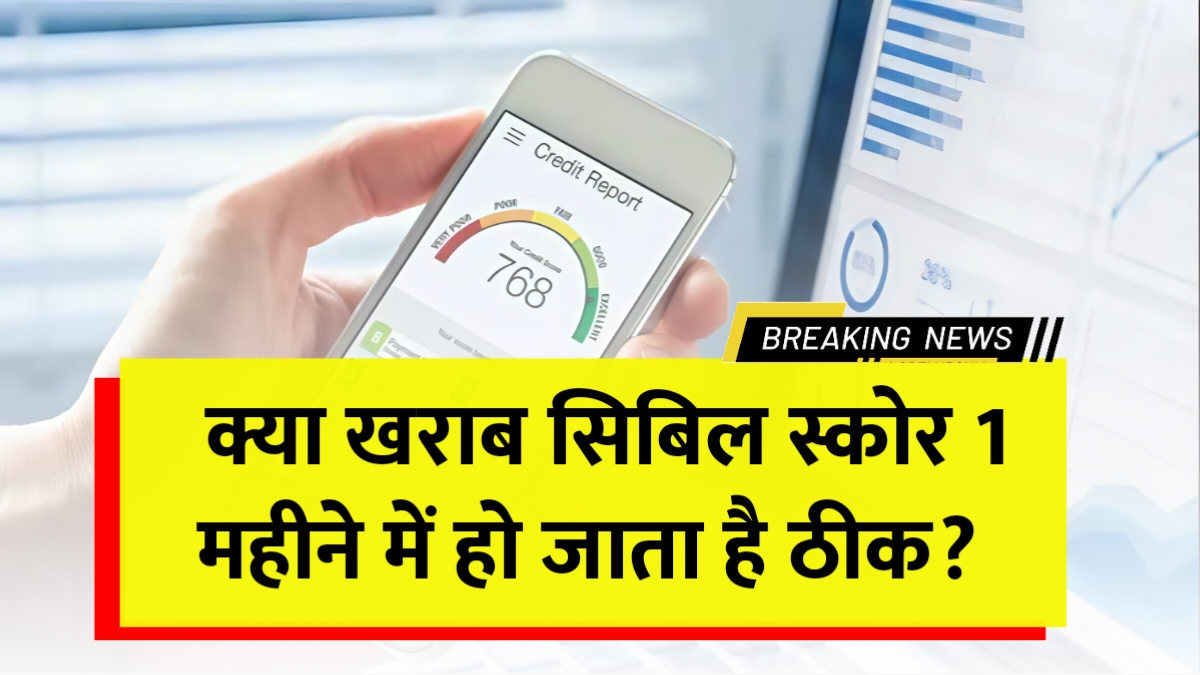$2000 Fourth Stimulus Checks 2025: Americans across the nation continue to face financial challenges as living costs remain high and economic uncertainty persists. Many families are struggling to make ends meet, leading to widespread discussions about the possibility of another round of government assistance. The concept of a fourth stimulus check has gained significant attention as people search for relief from ongoing financial pressures. Rising prices for everyday essentials like food, housing, and transportation have left many households hoping for additional federal support to help bridge the gap between income and expenses.
The idea of stimulus payments has become familiar to most Americans following the three rounds of Economic Impact Payments distributed during the COVID-19 pandemic between 2020 and 2021. These previous payments provided crucial financial relief when millions of people lost their jobs or faced reduced income due to pandemic-related restrictions. Now, as different economic challenges persist, many are wondering if similar assistance might be available to help navigate current financial difficulties.
What the Proposed Fourth Stimulus Check Would Include
The proposed fourth stimulus check would provide eligible Americans with a one-time payment of $2,000, which represents a significant increase from most previous stimulus amounts. This payment would function similarly to the earlier Economic Impact Payments, offering direct financial assistance to qualifying individuals and families. The proposal aims to provide immediate relief to those who are struggling with current economic conditions, though the specific details of how the program would work remain unclear since no official legislation has been passed.
If implemented, the program would likely be administered through the Internal Revenue Service, using the same infrastructure and distribution methods that were successfully employed during previous stimulus rounds. The proposed amount of $2,000 reflects recognition that current economic challenges may require more substantial assistance than what was provided in some earlier payments. However, it’s important to understand that this remains only a proposal and not an approved program.
Current Status of the Fourth Stimulus Check Proposal
As of now, no legislation has been passed by Congress to authorize a fourth stimulus check of any amount. The proposal remains in the discussion phase, with no formal bills introduced in either the House of Representatives or the Senate. This means that despite widespread public interest and discussion, there is no official government program currently in place to provide these payments. Lawmakers have not yet committed to moving forward with new stimulus legislation, and the timeline for any potential action remains uncertain.
The lack of official action means that Americans should be cautious about making financial plans based on the possibility of receiving stimulus payments. While discussions may continue among policymakers, there is no guarantee that any new stimulus program will be approved. Citizens are strongly advised to rely only on verified information from official government sources rather than rumors or speculation circulating on social media or unofficial websites.
Potential Eligibility Requirements and Distribution Methods
If a fourth stimulus check were to be approved, the eligibility criteria would likely mirror those used in previous rounds of payments. U.S. residents would need to meet certain income requirements, with single filers typically needing to earn less than $75,000 per year and married couples filing jointly earning less than $150,000 per year. Recipients of Social Security benefits, including those receiving SSI, SSDI, or retirement benefits, would likely also qualify for payments under similar programs.
The distribution of payments would probably follow the established methods used previously, with direct deposit being the fastest option for those who have provided banking information to the IRS. Individuals without direct deposit information on file would likely receive mailed checks or prepaid debit cards. The IRS has experience with these distribution methods from previous stimulus rounds, which would help ensure efficient delivery if new payments were approved.
Alternative Support Programs Currently Available
While Americans wait for potential stimulus legislation, several existing government assistance programs continue to provide support to those in need. The Child Tax Credit offers monthly or lump-sum payments to families with dependent children, providing ongoing financial assistance throughout the year. The Supplemental Nutrition Assistance Program, commonly known as SNAP or food stamps, helps low-income households purchase groceries and maintain proper nutrition during difficult times.
Rental assistance programs remain available to help tenants manage or catch up on rent payments, which can be crucial for maintaining housing stability. Unemployment benefits continue to provide financial aid for those who are currently unemployed or underemployed, offering temporary income replacement while individuals search for new employment opportunities. These programs serve as important safety nets for families facing economic hardship, regardless of whether additional stimulus payments are approved.
Official Sources and Staying Informed
Americans seeking accurate information about potential stimulus payments should rely exclusively on official government sources. The IRS website at irs.gov provides the most reliable and up-to-date information about any federal payment programs. Citizens should be particularly wary of misinformation spreading through social media platforms or unofficial websites that may create false expectations about stimulus payments.
It’s crucial to avoid making financial decisions based on rumors or unverified reports about stimulus checks. The federal government will make any official announcements through proper channels, including government websites, official press releases, and established media outlets. Staying connected with these legitimate sources helps ensure that individuals receive accurate information and can plan accordingly.
Disclaimer
This article is for informational purposes only and is based on publicly available information as of the current date. No stimulus payments have been officially approved by Congress or authorized for distribution. Citizens should consult official government sources such as irs.gov for the most current and accurate information regarding any federal assistance programs. Financial decisions should not be made based on speculation about potential future payments.
